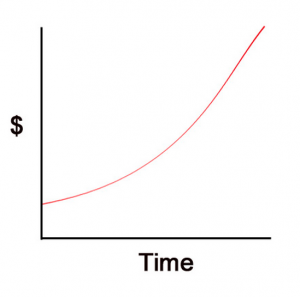
Bankroll Management
Step into the realm of Poker Bankroll Management, where every chip counts and strategic play determines longevity at the tables. This category is your compass to financial wisdom in the poker world, ensuring you play smart and stay in the game longer.
Highlights include:
The Basics: Understand why bankroll management is the unsung hero of successful poker play.
Risk and Reward: Discover strategies tailored for different risk appetites, from the cautious newbie to the high-rolling veteran.
Tackling Variance: Learn to ride the waves of poker’s inevitable ups and downs with a solid bankroll buffer.
Setting Boundaries: Master the art of setting win-loss limits to safeguard your bankroll and mental game.
With expert advice, actionable tips, and real-world examples, this category is your guide to mastering the financial side of poker. Play with purpose, protect your bankroll, and pave your way to poker success!


Poker Stop Losses : When Should I Stop Playing
reasons and circumstances under which poker players should consider ending their gaming sessions, emphasizing that the primary reasons to quit are either not playing at one's best or being in a game that can't be beaten
Poker Bankroll Management : Will I Go Broke?
intricacies of managing a poker bankroll, emphasizing the importance of making informed decisions, understanding variance and earn rate, and adopting strategies to minimize the risk of depleting one's bankroll, while also discussing the balance between short-term variance and long-term earn rate in determining optimal play and bankroll strategies
Pot-Limit Omaha: The Bankroll Schedule
the importance of proper bankroll management in pot-limit Omaha (PLO), highlighting the game's inherent volatility and the need for a larger bankroll compared to no-limit hold'em, and provides a detailed bankroll schedule for various PLO games
Poker Bankroll Mistakes that Cost the Most
significant mistakes poker players make concerning their bankrolls, emphasizing the importance of proper bankroll management, avoiding distractions from other casino games, the dangers of poor game selection, and the negative impact of berating less skilled players

